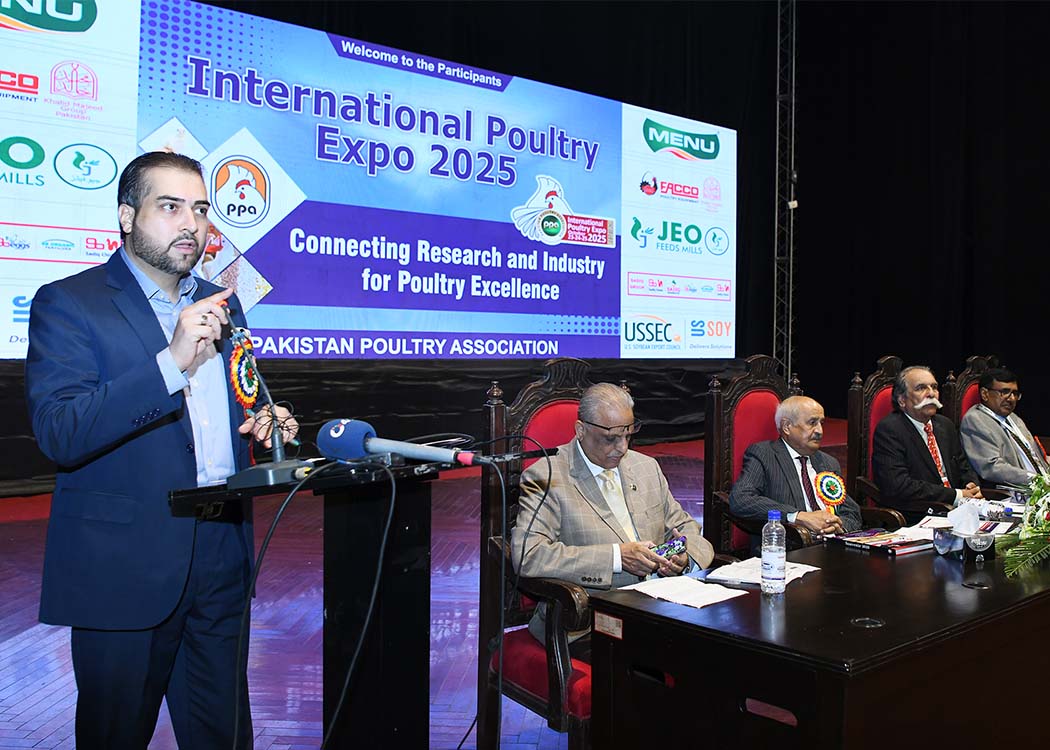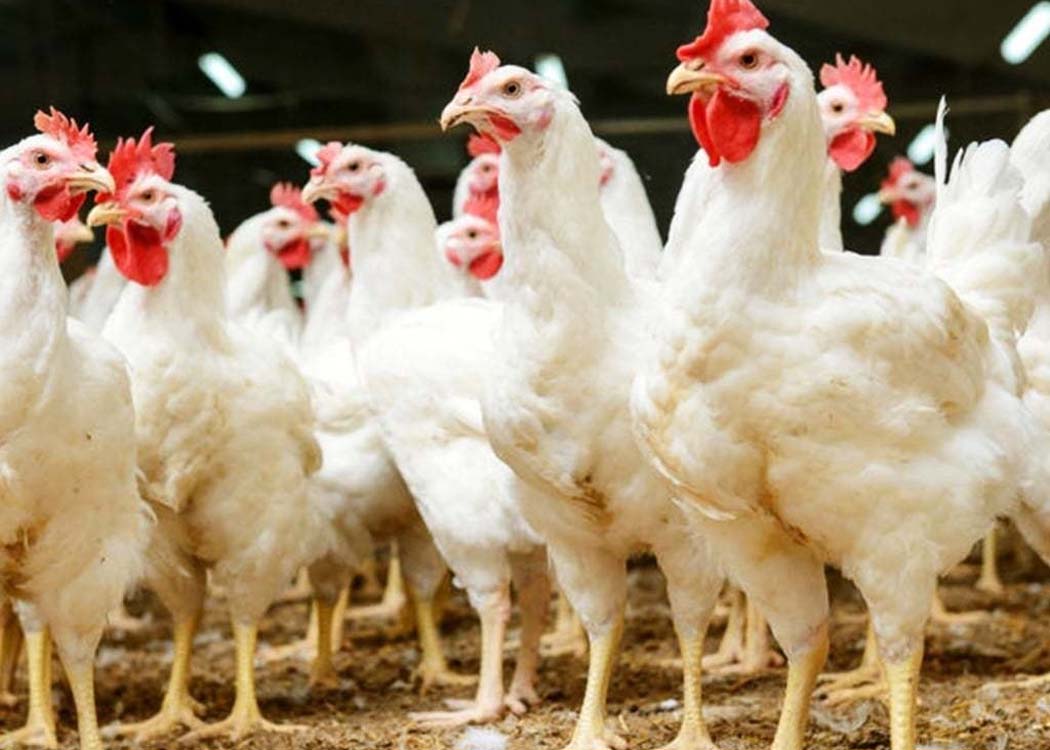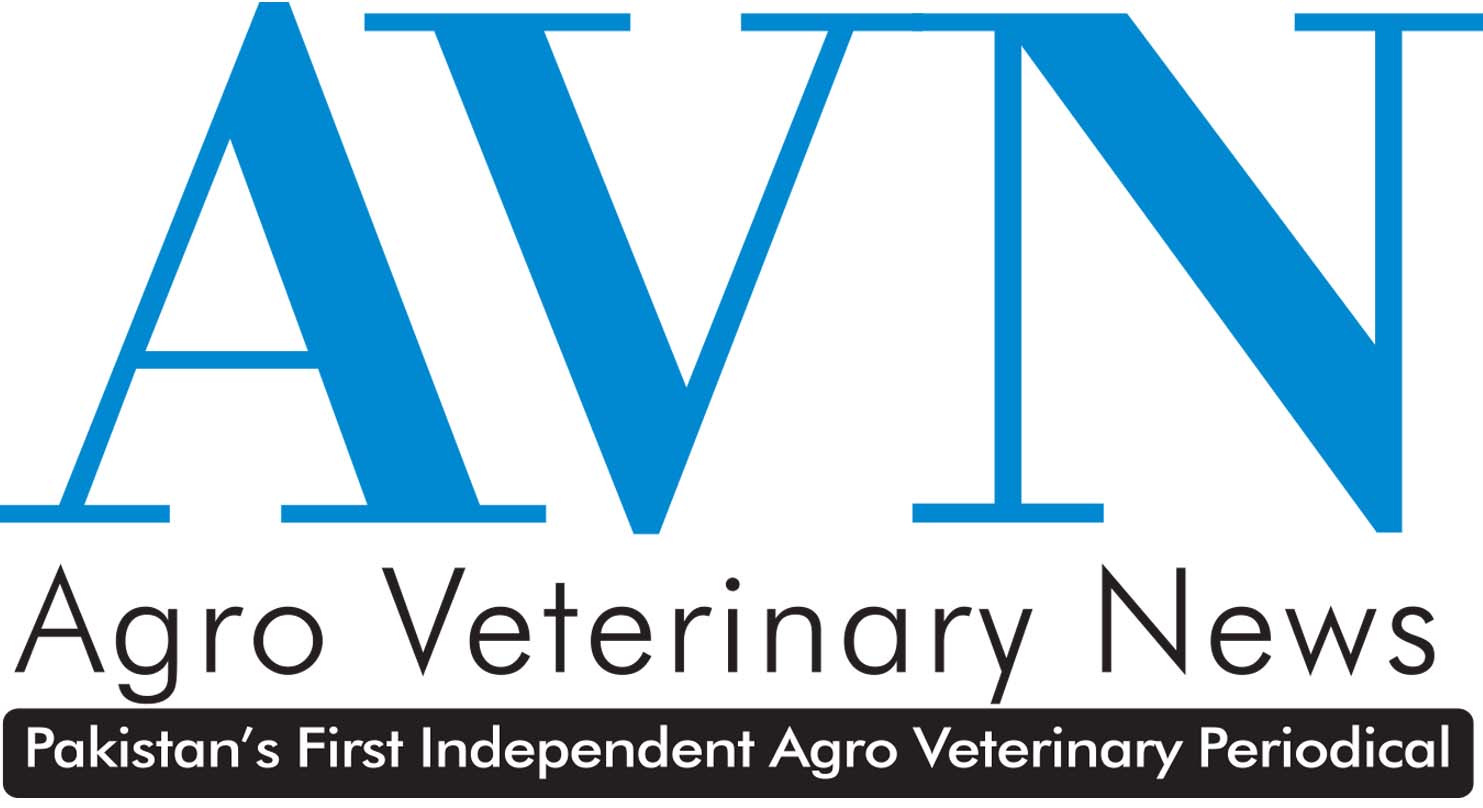Experts, policymakers, and industry leaders at the Poultry Science Conference (PSC-IPEX 2025) call for urgent reforms to tackle rising feed costs, taxes, and energy tariffs burdening Pakistan’s poultry industry.
LAHORE: The University of Veterinary and Animal Sciences (UVAS) Lahore, in collaboration with the Pakistan Poultry Association (PPA), organized the Poultry Science Conference (PSC) on Thursday as part of the International Poultry Expo (PSC-IPEX) 2025.
Punjab Minister for Livestock and Agriculture Syed Muhammad Ashiq Hussain Shah Kirmani presided over the inaugural session, attended by UVAS Vice Chancellor Meritorious Prof Dr Muhammad Younus, PPA Central Zone Chairman Abdul Basit, IPEX Chief Organiser Abdul Haye Mehta, PSC Convener Dr Hanif Nazir Ch, and a large number of academicians, researchers, and poultry stakeholders.
Addressing the session, Minister Kirmani emphasized that the Punjab government was fully committed to resolving the challenges confronting the poultry sector and promoting its sustainable growth. He revealed that a disease-free zone was being developed in Bahawalnagar to improve animal traceability and ensure that meat products meet international quality and safety standards. He also reiterated the government’s efforts to develop world-class vaccines for poultry and livestock within provincial institutions.
Highlighting the economic significance of the poultry industry, Prof Dr Younus said that it remains one of Pakistan’s most dynamic sectors and the second-largest industry after textiles, providing employment to over 1.5 million people. He encouraged students to adopt an entrepreneurial mindset and become job creators rather than job seekers.
On behalf of the poultry industry, Abdul Basit raised concerns over the rising cost of poultry feed, high energy tariffs, and multiple taxes, which are inflating production costs and driving up meat prices. He called on the government to abolish the Rs10 excise duty imposed on each chick, terming it an unfair burden on producers and consumers alike.
The conference also featured a series of expert lectures on cutting-edge topics including the use of artificial intelligence in poultry production, the impact of mycotoxins and gut dysbiosis, light temperature effects on dressing percentage, detection of co-infections in chicken anemia virus, and the influence of broiler holding periods on meat quality. The event concluded with a shared call for policy reforms, research-driven innovation, and public-private collaboration to secure the future of Pakistan’s poultry and livestock sectors.





